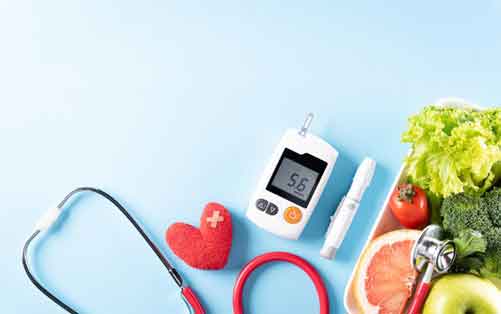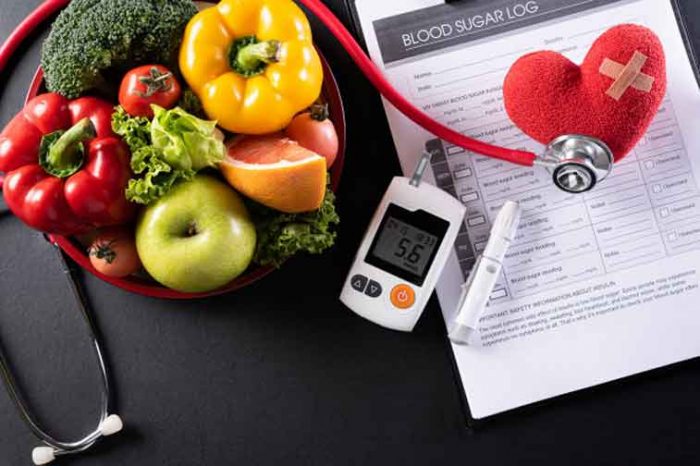Being diagnosed with diabetes is becoming a far too common experience in America today. Not knowing how to cope with it is the second most common experience.
Hearing a doctor tell you that your sugar level is above the normal limits may be the first indication that you are diabetic. At least half of all diabetics have no other apparent symptoms that they recognize. Some diabetics notice constant thirst, a sudden weight loss or gain, fatigue and frequent urination. Some simply don’t and the shock of the doctor’s words leave them either in a confused haze or feeling grateful that it’s not something worse.
In either case, it means a change of life style. Learning to cope with diabetes means learning to manage a condition that is not only survivable, but may make a positive adjustment to one’s life style.
Seventy five years ago, being diagnosed with diabetes meant something totally different. It most likely meant living on soda crackers, water, a severely limited life time and limited physical activity. Today, doctors have a better understanding of diabetes.
Here is a simple explanation of diabetes:

The human body uses the food we eat and processes it in our digestive system into complex sugar compounds. The normal pancreas creates insulin which allows us to use the sugar compounds as energy.
In the diabetic, the pancreas either does not create enough insulin or doesn’t create any.
Without the regulation of the insulin made in the pancreas, our bodies cannot make energy for every day activities, proper thinking and maintenance of normal organ functions. The results being the organs in the body cannot function in a way that promotes healthy living and unmanaged diabetes often leads to multiple organ failures and eventual death. Diabetes severely lowers one’s ability to fight off infections, making even minor cuts and scrapes much more serious. You can get more details on coping with diabetes by click this.
Needless to say, this is pretty serious stuff.

A healthy diet consisting of fresh fruits, vegetables, lean meats and whole grains is essential. The limitation of cane sugars, honey and sweet treats can help to keep glucose levels stable.
In my own case, I find that a balancing act between diet, exercise and medication allows me a feeling of normality and well being. Here is a sample of my diet:
Breakfast: 1/4 cup of low sugar whole grain cereal, two ounces of skim milk, 1/2 cup of low fat cottage cheese and two cups of tea with a sugar substitute.
Lunch: A sandwich consisting of whole wheat bread, low salt cold cuts, lettuce, tomatoes and low fat dressing. A cup of tea or a half cup of low fat milk.
Supper: Three ounces of lean meat or fish, a half cup of green vegetables, a half cup of rice or other suitable carbohydrate such as sweet potato or whole wheat pasta and a diet soda.
Today, with proper diet and medication, the diabetic can manage his/her condition with the help of medical doctors and nurses. The diabetic can enjoy many years with family and friends in a normal life style.
Sources:
Merck Manual of Medical information (Home Edition)
The American Medical Association’s Family Medical Guide

